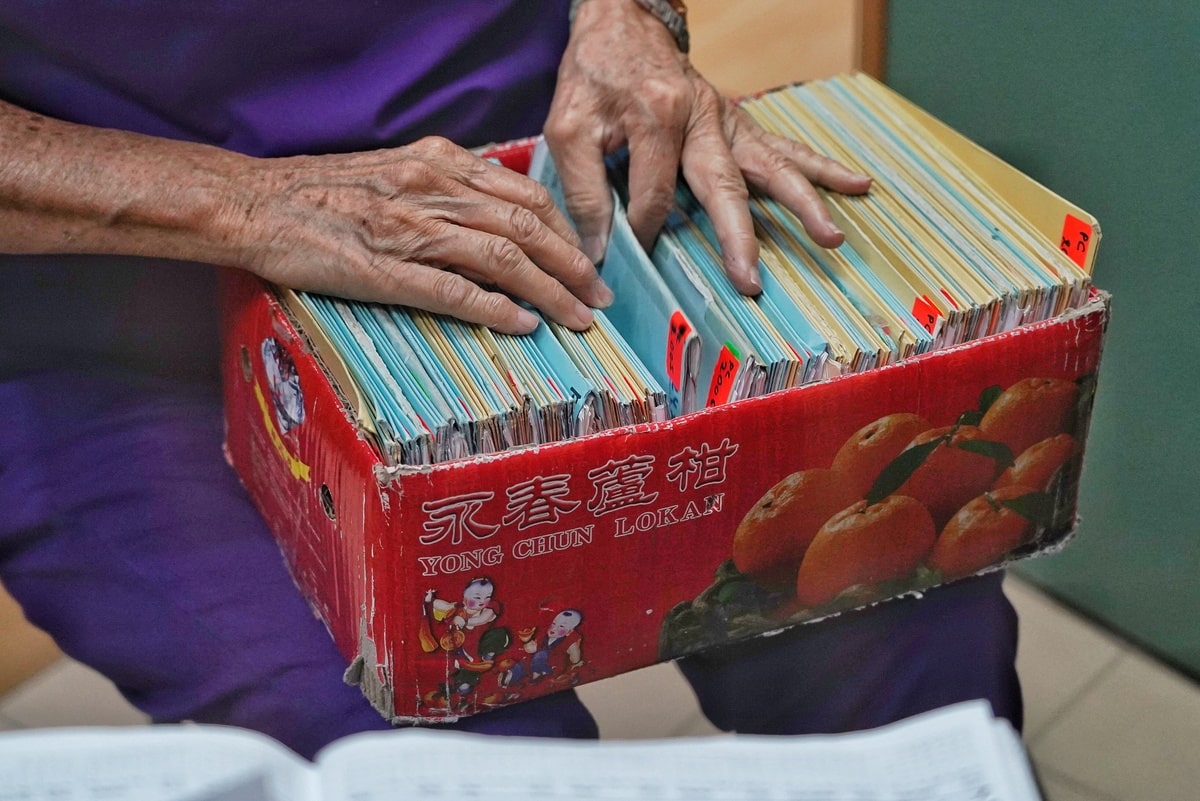KUALA LUMPUR, Feb 29 – The Madani Medical Scheme (SPM) is expected to run out of money in just two months, Dzulkefly Ahmad said today, even though the programme has been downscaled to 10 districts.
The health minister said SPM – which fully subsidises acute outpatient treatment at private general practitioner (GP) clinics for the low-income – is estimated to cost RM1.7 million a week in the 10 districts, the same areas from the pilot phase of the programme.
“With an estimate of RM1.7 million, the allocation is expected to run out in April 2024,” Dzulkefly told the Dewan Rakyat during Ministers’ Question Time.
Out of the RM100 million allocated for SPM from Budget 2024, the minister said RM78.73 million has already been spent as of today, with just RM21.3 million left for the rest of the year.
He added that if SPM were to return to nationwide expansion that occurred last September, this would cost between RM12 million and RM15 million a week.
The Ministry of Health (MOH) told reporters separately that the estimated cost to run SPM nationwide for the remaining period of the year was RM500 million (assuming RM10 million per week). It added that the RM1.7 million weekly cost was an estimate for after downscaling of the programme from February 26 to 10 districts and limited to patients who have been treated before under SPM.
Dzulkefly stressed to the House that sustainability was important in policy making, besides suggesting that health prevention yields better results than treatment of common ailments.
“What’s important for this scheme is the outcome. The outcome is only [treating] cough and cold, whereas the Peka B40 programme’s approach is on prevention, promotion, and wellness. We don’t just want to treat coughs and colds, but we want better health outcomes.”
When Dzulkefly was first health minister under the first Pakatan Harapan government in 2018, he introduced the Peka B40 health screening programme that continues to run today.
Peka B40 offers fully subsidised health screenings at panel GP clinics (subsequent treatment must either be referred to a Klinik Kesihatan or for costs to be borne by the patient at the private clinic), besides other benefits like aid for medical devices, incentives to complete cancer treatment, and incentives for transport to MOH hospitals.
SPM was introduced by Dzulkefly’s predecessor, Dr Zaliha Mustafa, in June last year, aiming to reduce congestion in the emergency departments of public hospitals.
Kuala Nerus MP Dr Alias Razak from Terengganu – who had asked Dzulkefly the reason for the downscaling of SPM – questioned why four of the 10 districts where the programme is currently operating are in Selangor.
Effective last February 26, the scope of SPM was reduced to the 10 districts from the pilot phase of the programme: Kuala Lumpur; Gombak, Hulu Langat, Petaling, and Klang in Selangor; Johor Bahru (Johor); Kinta (Perak); North East (Penang); Kota Kinabalu (Sabah); and Kuching (Sarawak).
“Selangor already has Skim Kad Peduli Sihat. And Selangor is a rich state. They can just add to Peduli Sihat,” Dr Alias said, using the old name for Iltizam Selangor Sihat (ISS) where the state government provides subsidies, with co-payments from patients, for outpatient treatment at private GP clinics.
Selangor’s ISS is similar to the federal SPM, except that the Selangor state programme is only for state residents and provides a few extra benefits like vaccinations that are not available under SPM.
Dzulkefly responded that the 10 districts were chosen because they were the original ones from the pilot phase of SPM.
Editor’s note: The story has been updated with additional clarification from the MOH.








